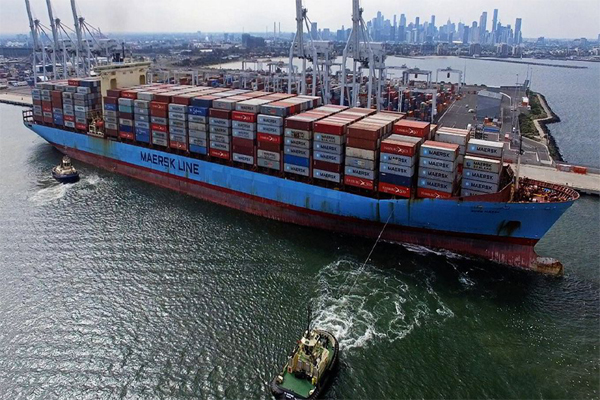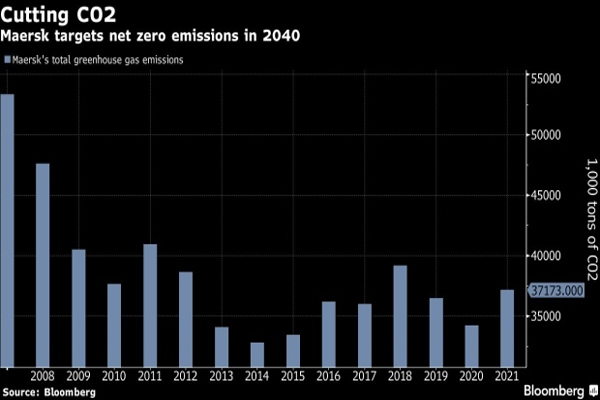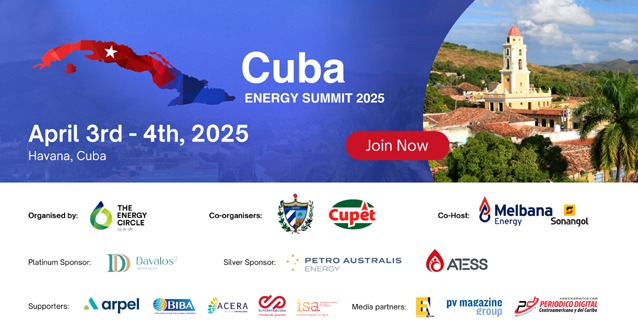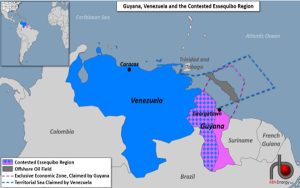
Christian Wienberg, Bloomberg News
COPENHAGEN
EnergiesNet.com 03 11 2022
A.P. Moller-Maersk A/S, one of the world’s largest oil consumers, has partnered with six energy companies to jump-start the green methanol market and help the shipping giant ditch fossil fuels.
Maersk will be able to buy at least 730,000 tons of methanol per year by the end 2025, the Copenhagen-based company said on Thursday. That’s equal to roughly 3.5% of its current oil use and vastly higher than the world’s current global methanol production of about 30,000 tons.
The partnership will help address what Maersk has described as the “chicken-and-egg problem” plaguing the green fuel market now: few energy companies produce green methanol because there’s presently little demand, while ship owners are reluctant to build green vessels because the fuel market is so small.

“To transition towards de-carbonization, we need a significant and timely acceleration in the production of green fuels,” Henriette Hallberg Thygesen, head of Maersk’s fleet, said in a statement. The partnerships represent an “important milestone.”
Maersk, the world’s largest shipping line by vessels owned, has set a goal to become carbon neutral in 2040, when including both its own and indirect emissions. It has identified green methanol as one of the most viable fuels to de-carbonize shipping, which is responsible for roughly 3% of global emissions.
Maersk has 12 large green container vessels under construction, and the order for 730,000 tons of green methanol annually will be more than enough to power those ships, the company said.
The energy companies have operations spread across the continents to provide a global network for the fuel, and are expected to accelerate production after 2025. They are Danish companies Orsted A/S and European Energy, Chinese companies CIMC ENRIC and Green Technology Bank, WasteFuel in the U.S. and Proman in Switzerland.
Maersk Chief Executive Officer Soren Skou has said the shipping industry can afford a transition to vessels that run on methanol or ammonia, a switch estimated to add 10-12% to transport costs. The company consumes about 11 million tons of marine oil per year, roughly equal to all the oil produced in the world in a single day.
bloomberg.com 03 10 2022












